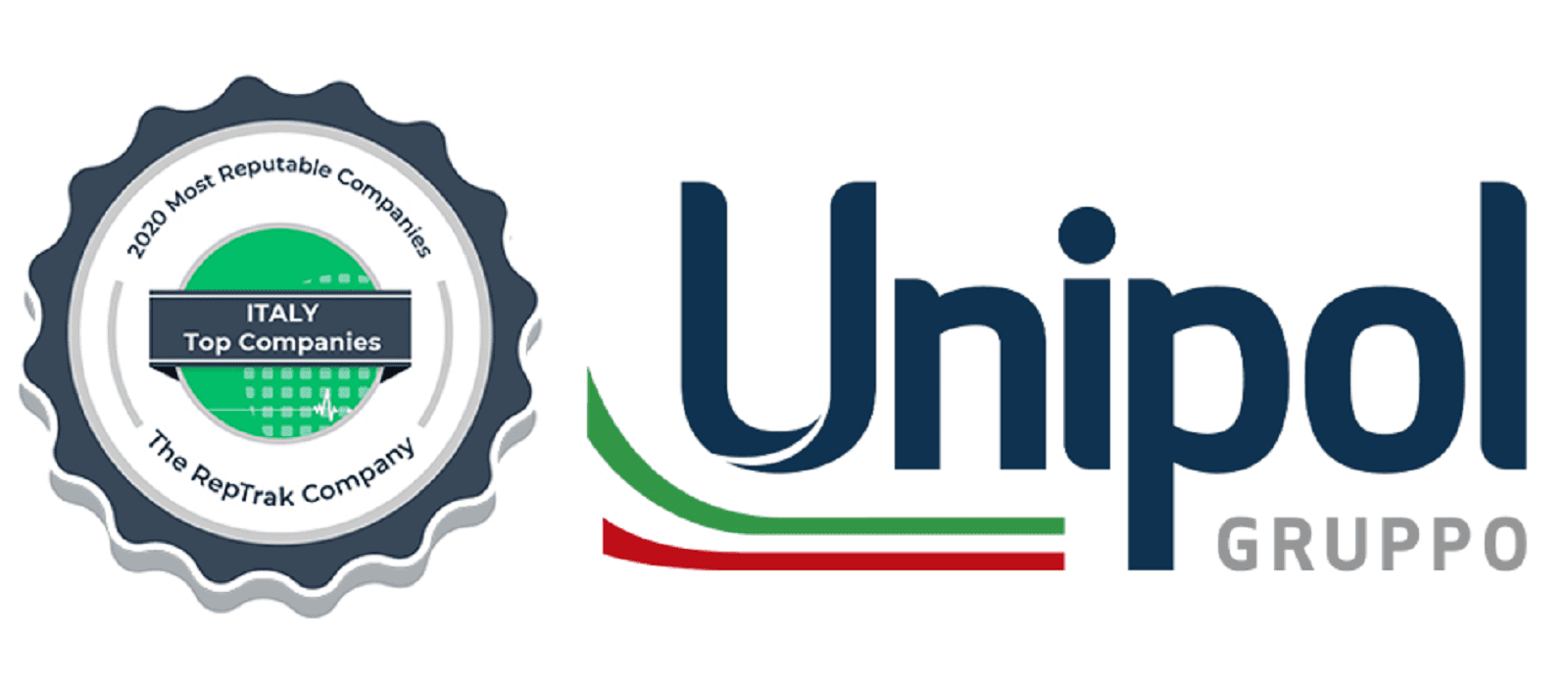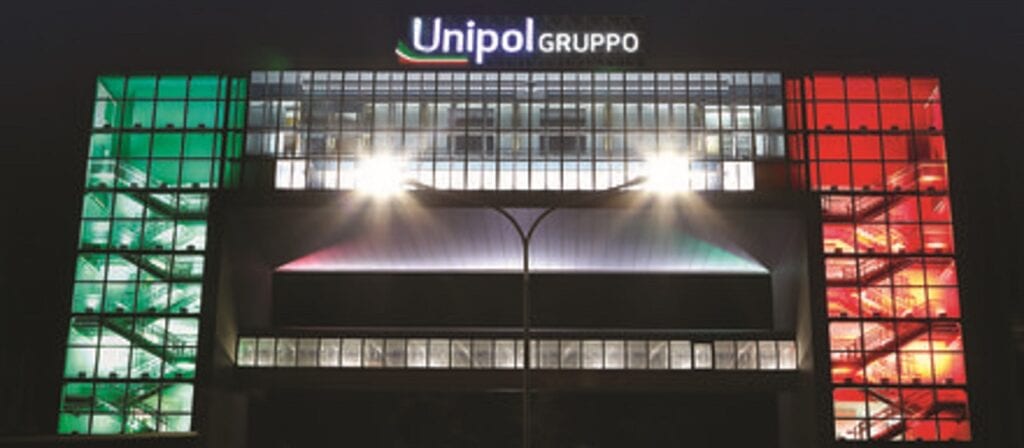For the fourth year running, Italian ICMIF member Unipol Group confirmed its first-place position for reputation in the insurance and banking sectors. The 2020 rankings by The RepTrak Company, a global leader in measuring and managing corporate reputation, measured the perceptions of multiple stakeholders of the reputation of about 400 financial services companies operating in Italy.
Unipol consolidated its leadership status by entering the “strong” reputation category (where companies must score over 70 points) with a score of 73.0 in 2020 (67.6 in 2019), increasing its lead by almost 6 points from the average score of companies in the insurance business in Italy (+3.6 points in 2019) and by 7.5 points from companies in the financial sector (+5.4 points in 2019).
Unipol’s reputation is mainly based on the excellent perception of its products/services, performance and innovation by the general public: its products are considered to be reliable; its claims management service is prompt; its customer assistance is at a high professional level; its financial strength and strong prospects for growth are also significant since they provide a guarantee for the future; it stands out for its attention to research and technological development thanks to its consolidated know-how in the area of data transmission as applied to the insurance business.
Italians view the Unipol Group as an increasingly reliable partner and reference point for the development of the major issues on the country’s agenda.
Unipol considers reputation to be a tool that can be used to maximum advantage to help push cultural change and promote the creation of value, and takes an integrated approach that keeps the construction and protection of its reputation constantly aligned.
The reputation management model in Unipol is also characterised by the extent of the analyses carried out (there are seven stakeholder groups from whom perceptions and expectations are periodically gathered: public opinion, employees, customers, agents, the financial community, journalists and institutions); the internal/external outlook that allows perceptions and expectations to be examined, both internally (top management and employees); externally (the rest of the public); and finally the strategic alignment with which the various company departments are asked to contribute towards achieving reputational goals (creation and protection) starting from a panel of shared work and actions. Its experience in reputation management also forms the basis for insurance policies that can respond to developments in the socioeconomic environment where reputational risk has one of the highest perception rates. Coverage helps indemnify insured companies against economic harm originating from negative media events, including brand impairment.






